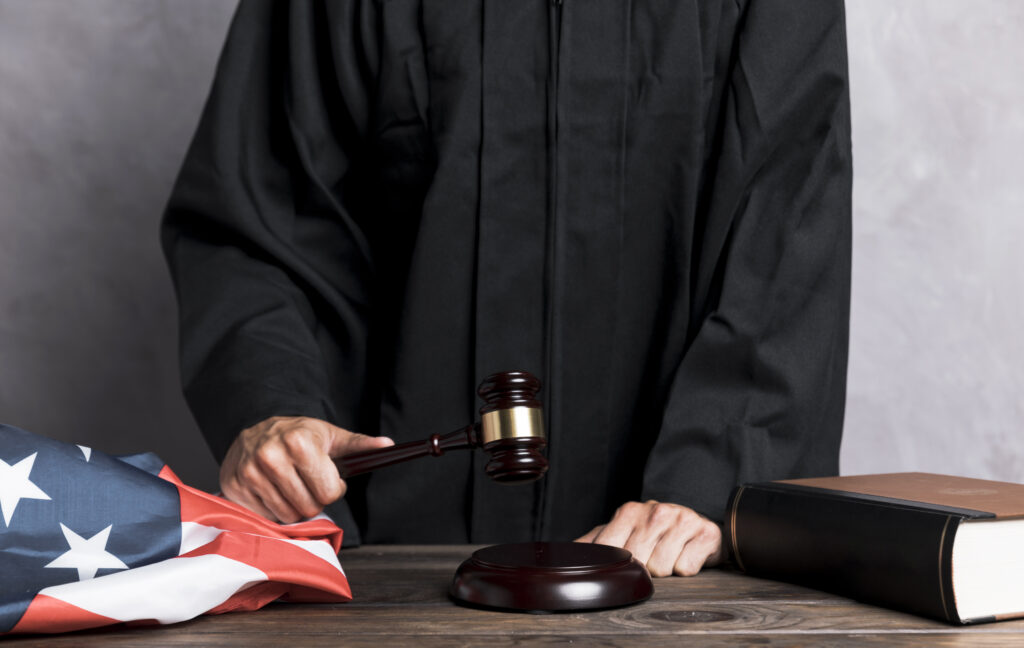Frequently Asked Questions
What is a misdemeanor?
A misdemeanor is a less serious criminal offense than a felony, typically punishable by fines, community service, or imprisonment for up to one year. Examples include petty theft, simple assault, and minor drug offenses.
What is a felony?
A felony is a serious crime that typically carries a punishment of imprisonment for over one year or significant fines. Examples include murder, robbery, and drug trafficking, which can have lasting impacts on a person's life and reputation.
What crimes exist?
The types of crimes that exist range from minor offenses, such as misdemeanors, to serious felonies, including violent crimes, drug offenses, and white-collar crimes. Each category encompasses various specific offenses under criminal law.
What are defense fees?
Defense fees are the costs associated with hiring a criminal defense attorney to represent you in legal matters, which can vary based on case complexity, attorney experience, and the specific services provided.
Who handles crimes?
Crimes are handled by law enforcement agencies, including police departments and federal agencies, who investigate offenses, and the judicial system, which prosecutes and adjudicates cases through courts.
What crimes are prosecuted?
The crimes that are prosecuted include a range of federal offenses such as drug trafficking, white-collar crimes, violent crimes, and other serious charges that can lead to significant penalties.
Who is a criminal attorney?
A criminal attorney is a legal professional who specializes in defending individuals accused of criminal offenses, ensuring their rights are protected throughout the legal process.
What penalties apply for misdemeanors?
The penalties for misdemeanors can include fines, community service, probation, or incarceration for up to one year in a local jail, depending on the severity of the offense and the jurisdiction.
What penalties apply for felonies?
The penalties for felonies can include significant prison time, hefty fines, and probation, depending on the severity of the crime and the jurisdiction. Each felony is classified into different degrees, which influence the specific penalties imposed.
How are misdemeanors classified?
Misdemeanors are classified into three categories: Class A, Class B, and Class C. Class A misdemeanors are the most serious, while Class C are the least severe, with penalties varying accordingly.
How are felonies classified?
Felonies are classified based on their severity, typically into categories such as first-degree, second-degree, and third-degree felonies, with first-degree being the most serious. Each classification carries different potential penalties and consequences.
What are common misdemeanor offenses?
Common misdemeanor offenses include petty theft, simple assault, vandalism, and driving under the influence (DUI). These offenses typically carry less severe penalties than felonies but can still result in fines and jail time.
What are common felony offenses?
Common felony offenses include serious crimes such as murder, sexual assault, robbery, drug trafficking, and burglary. These offenses carry severe penalties and often require expert legal defense to navigate the complexities of the legal system.
What is the process for misdemeanor charges?
The process for misdemeanor charges involves several key steps: arrest, arraignment, possible plea negotiations, trial, and sentencing. Each stage is crucial for ensuring your rights are protected and the best possible outcome is pursued.
What is the process for felony charges?
The process for felony charges involves several key steps: arrest, arraignment, pre-trial motions, trial, and sentencing. Each stage is crucial for ensuring a fair legal defense and can significantly impact the outcome of the case.
How can I defend against a misdemeanor?
Defending against a misdemeanor involves presenting evidence, challenging the prosecution's case, and possibly negotiating plea deals. Consulting with an experienced attorney can significantly enhance your defense strategy and improve your chances of a favorable outcome.
How can I defend against a felony?
Defending against a felony involves building a strong legal strategy, which may include gathering evidence, challenging the prosecution's case, negotiating plea deals, or presenting a solid defense at trial. Consulting with an experienced criminal defense attorney is essential.
What are the consequences of a felony?
The consequences of a felony can be severe, including lengthy prison sentences, hefty fines, and a permanent criminal record, which may affect employment, housing, and other aspects of life.
What are the consequences of a misdemeanor?
The consequences of a misdemeanor can include fines, probation, community service, and a possible jail sentence of up to one year. Additionally, a misdemeanor conviction may impact future employment and housing opportunities.
Who prosecutes misdemeanor cases?
Misdemeanor cases are prosecuted by local district attorneys or city prosecutors, depending on the jurisdiction. These legal professionals are responsible for presenting the case against the accused in court.
Who prosecutes felony cases?
Felony cases are prosecuted by state or federal prosecutors, often referred to as district attorneys or U.S. attorneys, depending on whether the charges are at the state or federal level.
What is the role of a criminal attorney?
The role of a criminal attorney is to provide legal representation for individuals accused of crimes, ensuring their rights are protected throughout the legal process, offering expert advice, and advocating for the best possible outcome in their case.
How to choose a criminal attorney?
Choosing a criminal attorney involves evaluating their experience, expertise in federal charges, and client reviews. It's essential to schedule a consultation to discuss your case and ensure they understand your needs and can provide effective representation.
What should I expect from a defense attorney?
What to expect from a defense attorney includes expert legal guidance, personalized strategy development, diligent case preparation, and effective representation in court, all aimed at securing the best possible outcome for your case.
What are typical defense strategies for felonies?
Typical defense strategies for felonies include challenging the evidence, asserting an alibi, demonstrating lack of intent, negotiating plea deals, and invoking constitutional rights violations. Each strategy aims to create reasonable doubt or mitigate potential penalties.
What are typical defense strategies for misdemeanors?
Typical defense strategies for misdemeanors include challenging the evidence, demonstrating lack of intent, and negotiating plea deals. Each strategy aims to reduce charges or penalties, ultimately seeking the best possible outcome for the defendant.
How do plea deals work for felonies?
Plea deals for felonies involve negotiations between the defendant and the prosecution, where the defendant agrees to plead guilty to a lesser charge or receive a reduced sentence in exchange for waiving the right to a trial.
How do plea deals work for misdemeanors?
Plea deals for misdemeanors involve negotiations between the defendant and the prosecution, where the defendant agrees to plead guilty to a lesser charge or receive a reduced sentence in exchange for avoiding a trial.
What rights do defendants have in criminal cases?
The rights of defendants in criminal cases include the right to a fair trial, the right to remain silent, the right to legal representation, and the right to confront witnesses. These protections ensure that defendants can defend themselves effectively against charges.
What is the difference between felonies and misdemeanors?
The difference between felonies and misdemeanors lies in the severity of the crimes. Felonies are more serious offenses that typically result in harsher penalties, including longer prison sentences, while misdemeanors are less severe and usually carry lighter penalties, such as fines or shorter jail time.



























